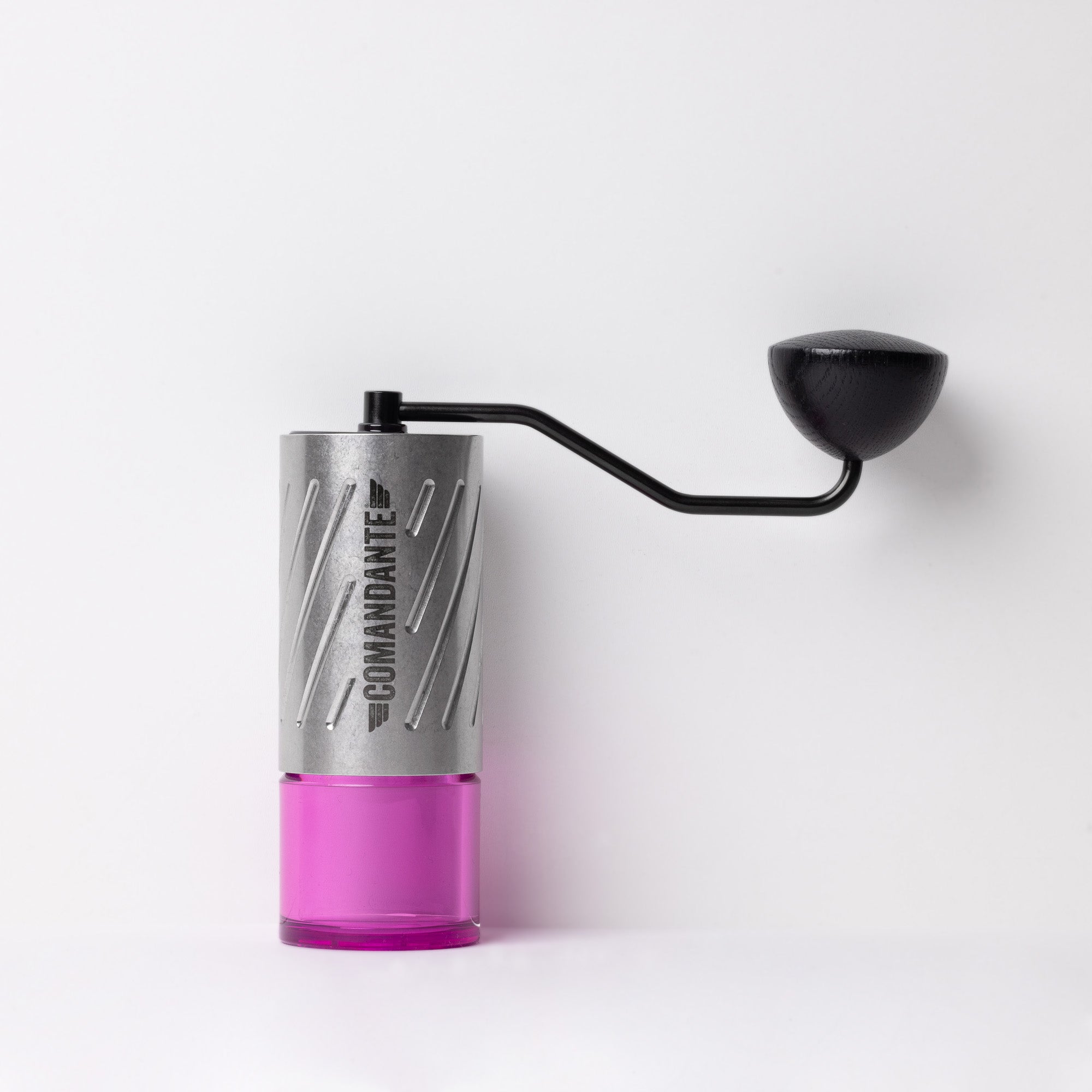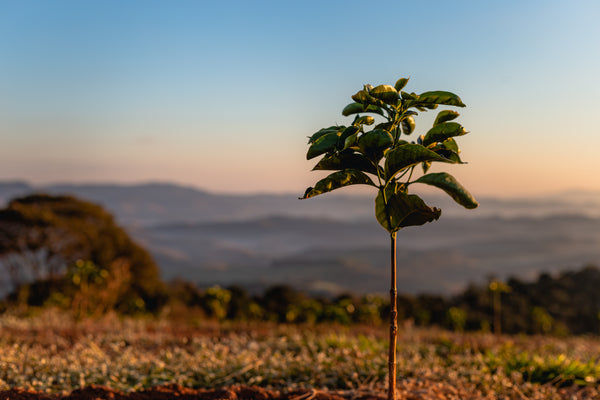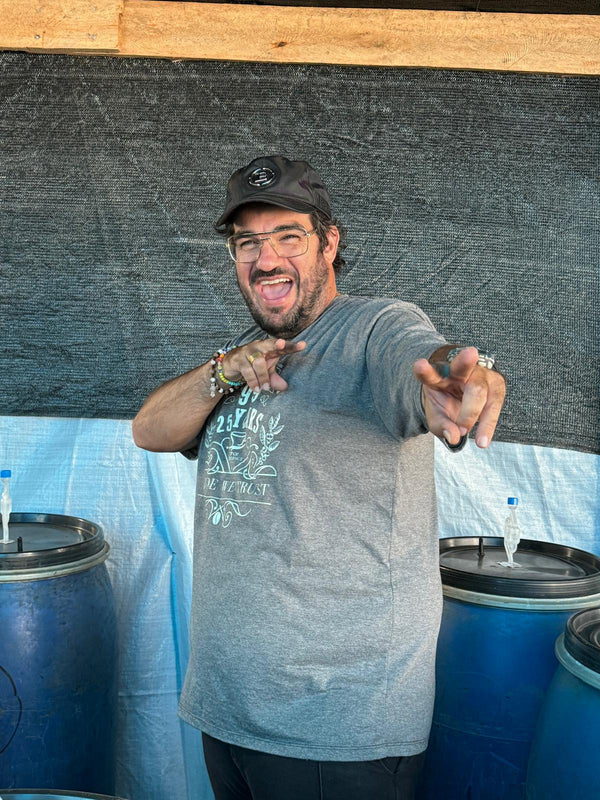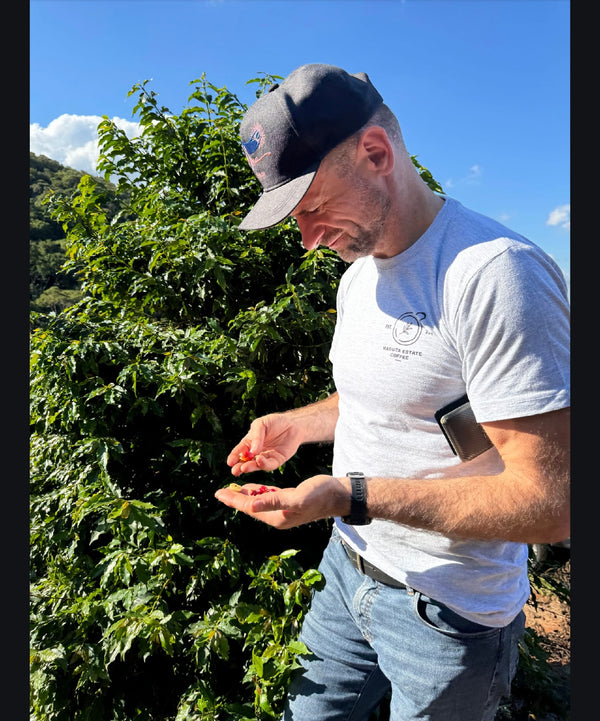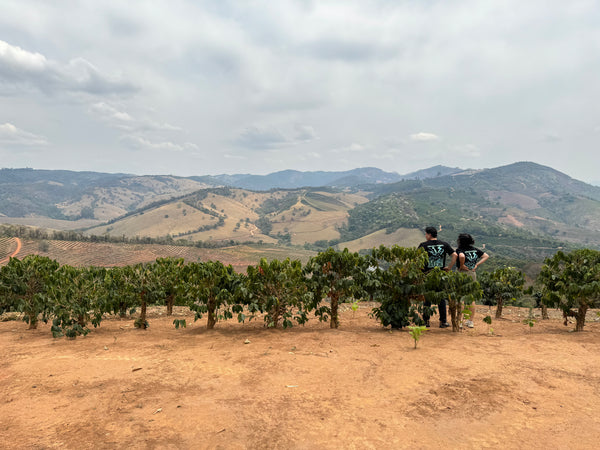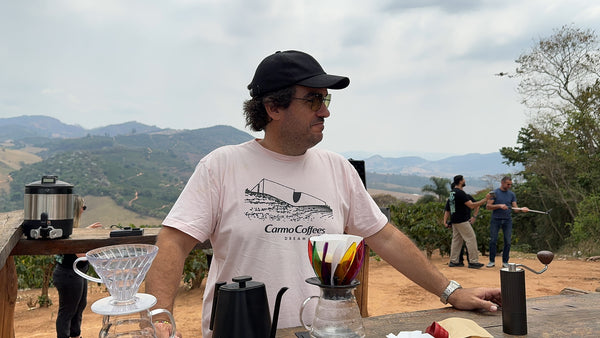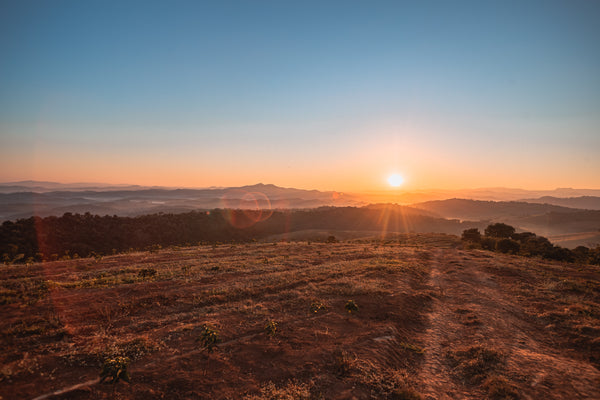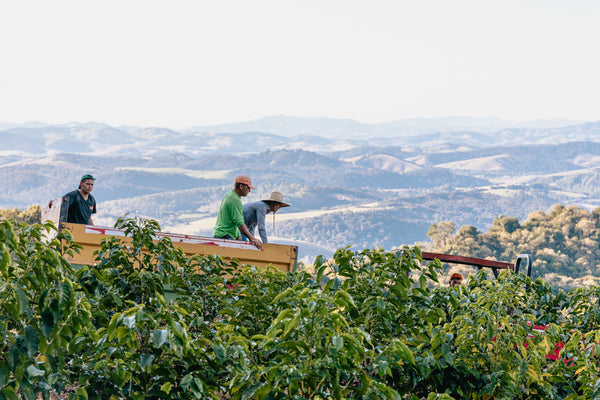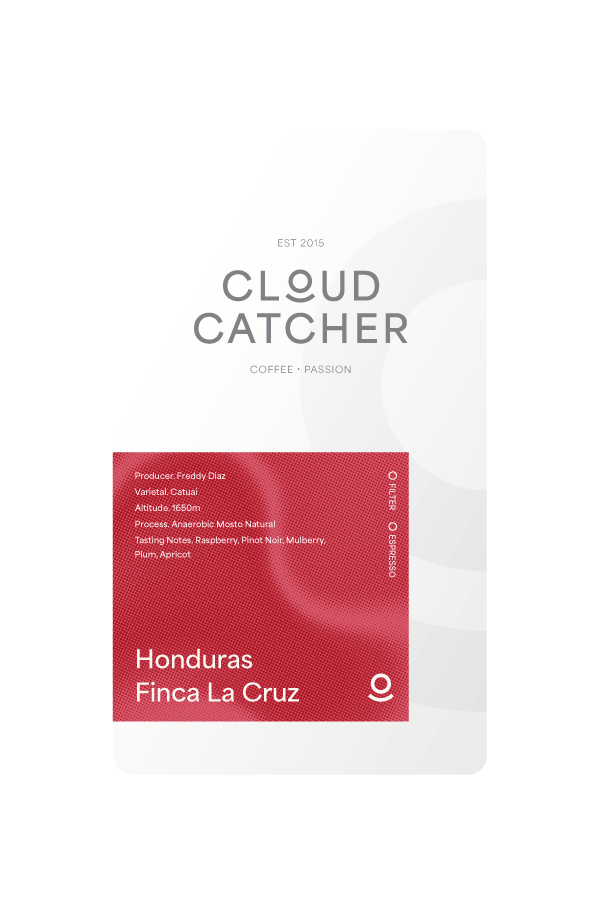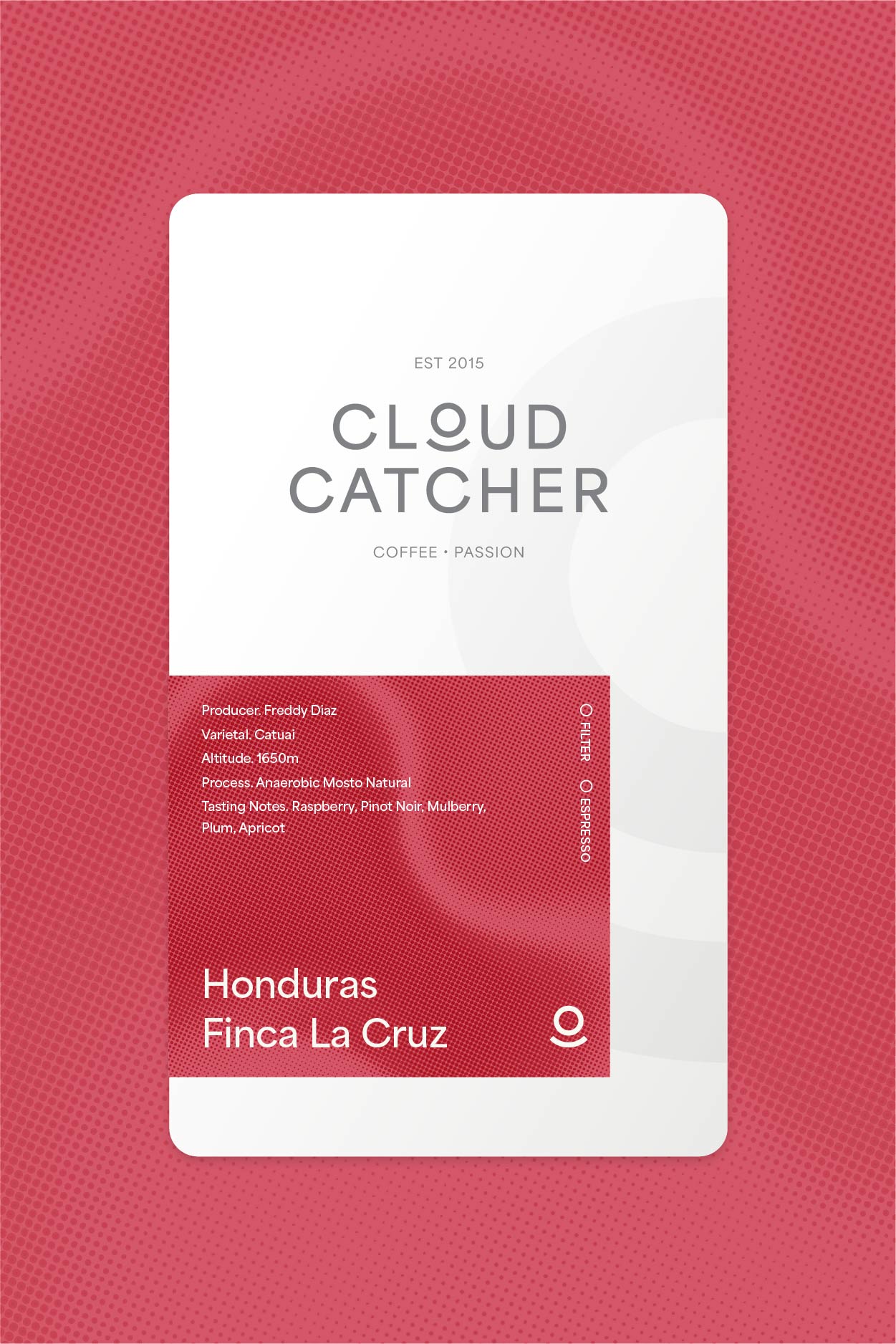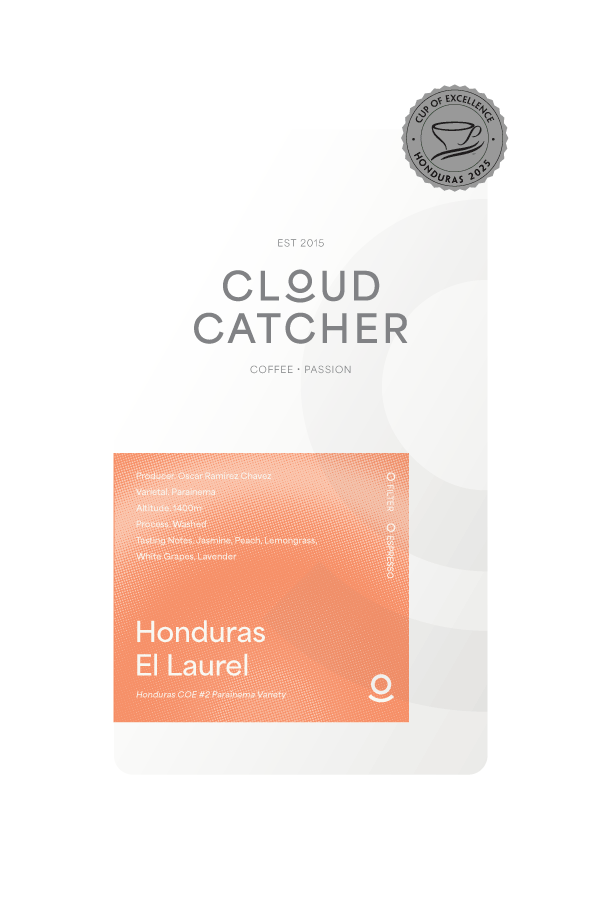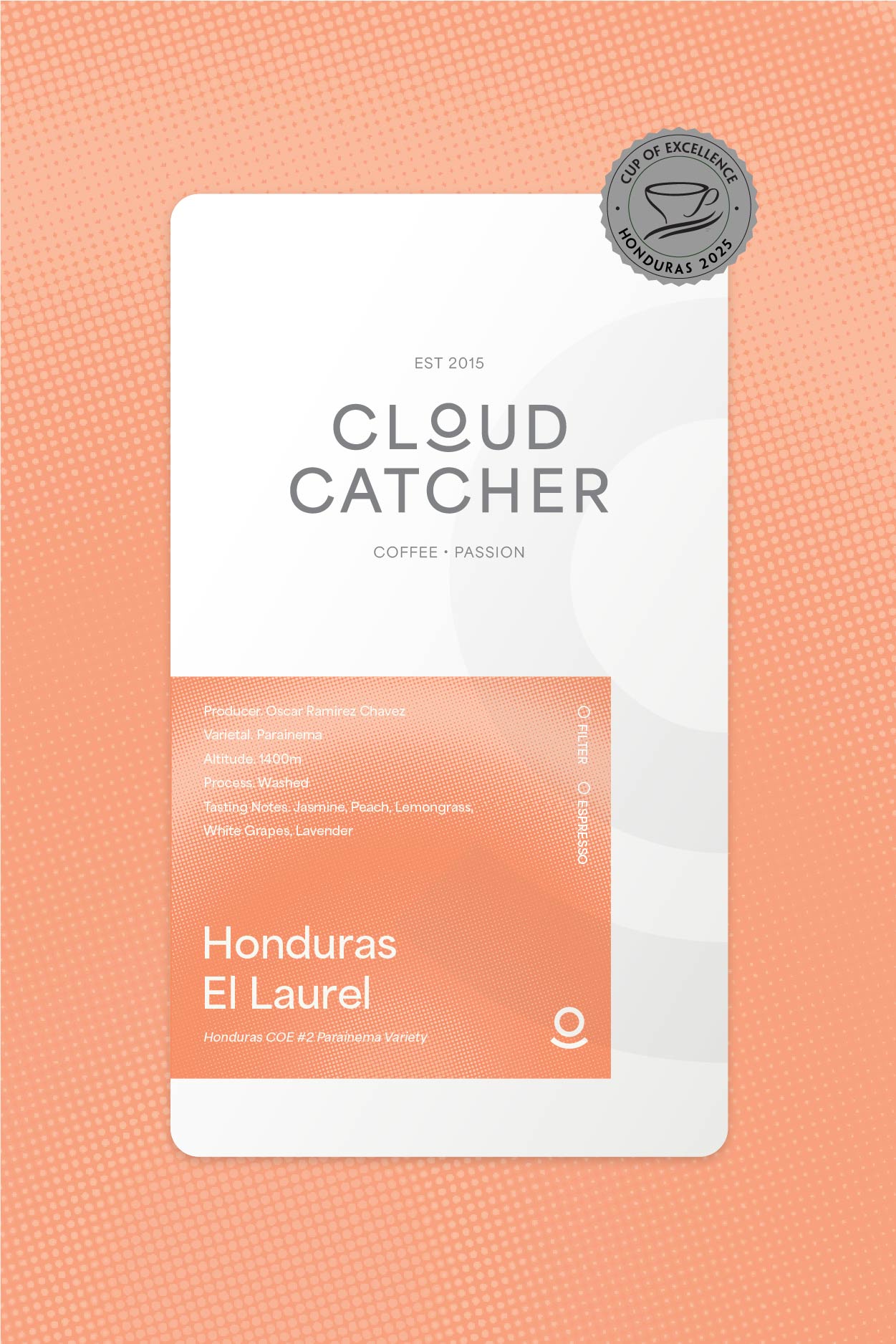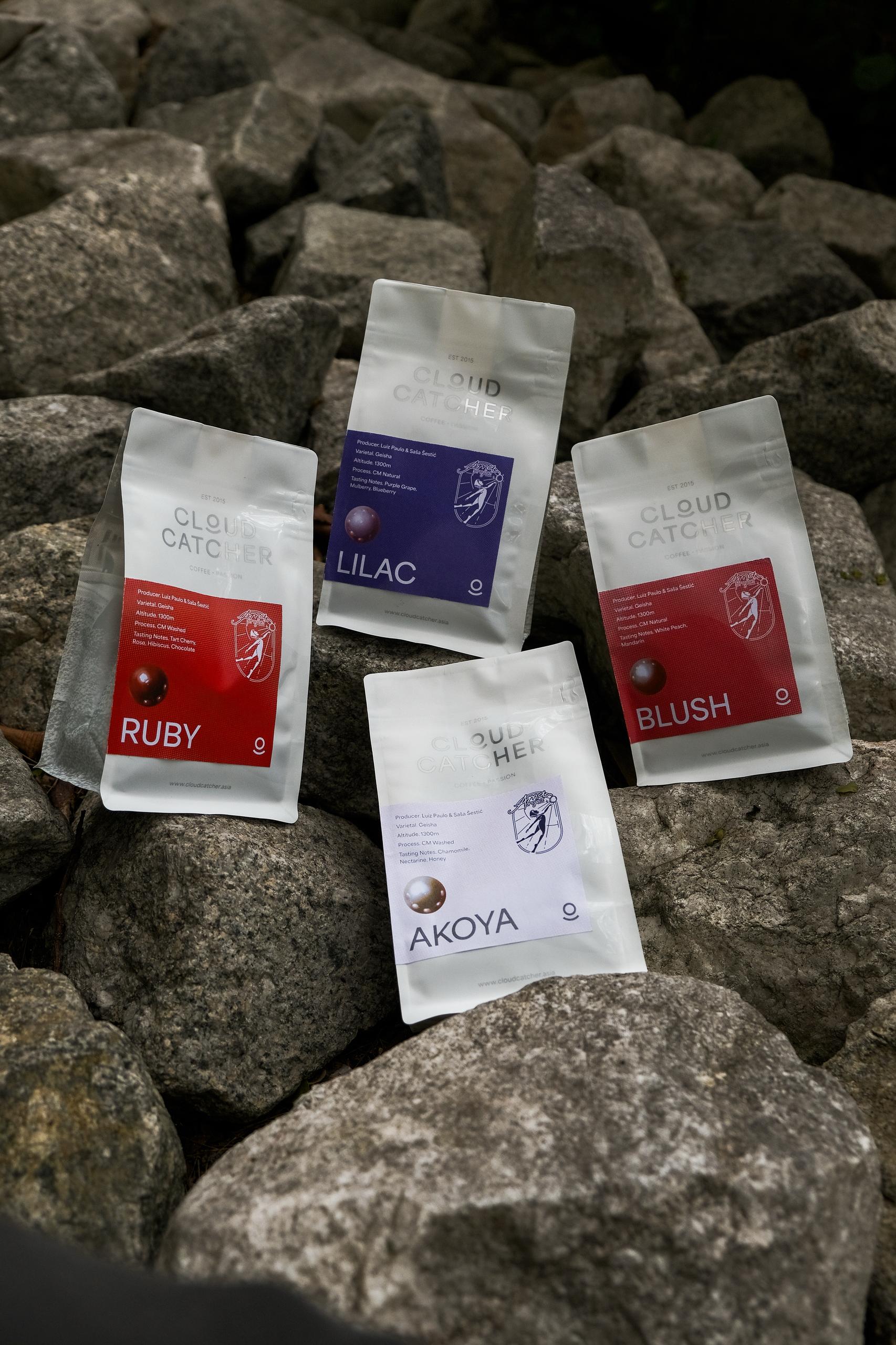
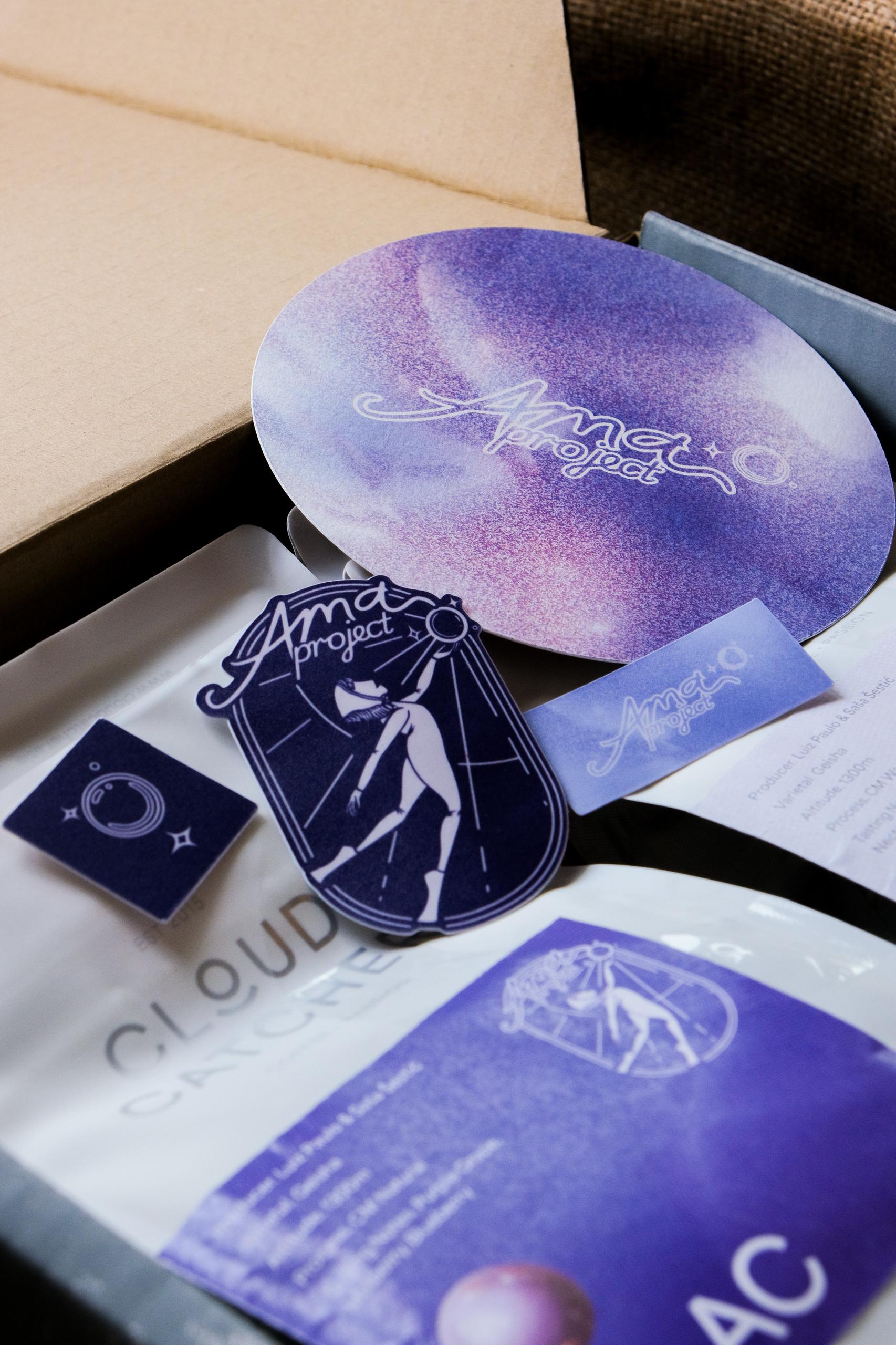
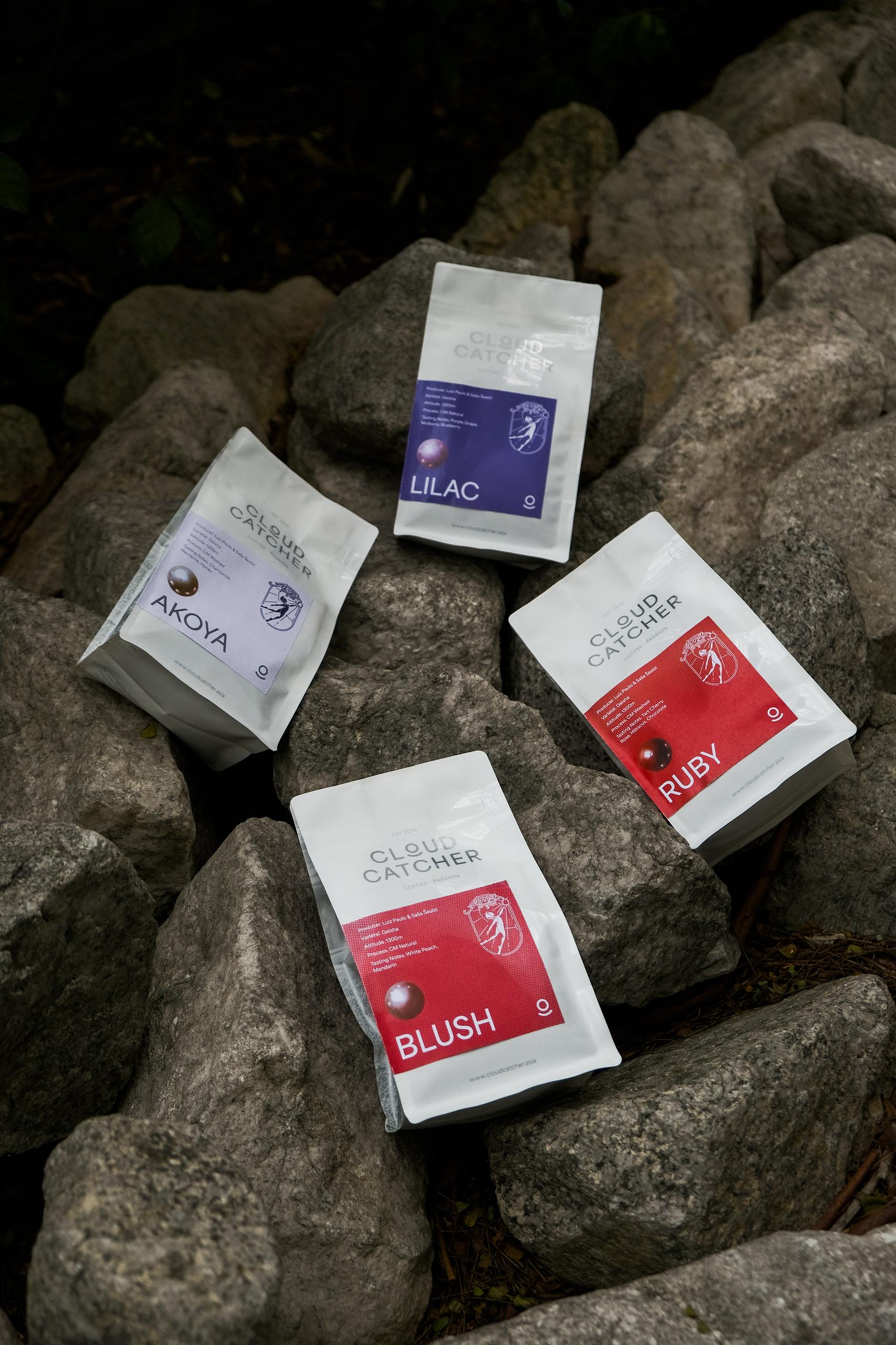
Pearls of Ama - Brazil Geishas
Choose options





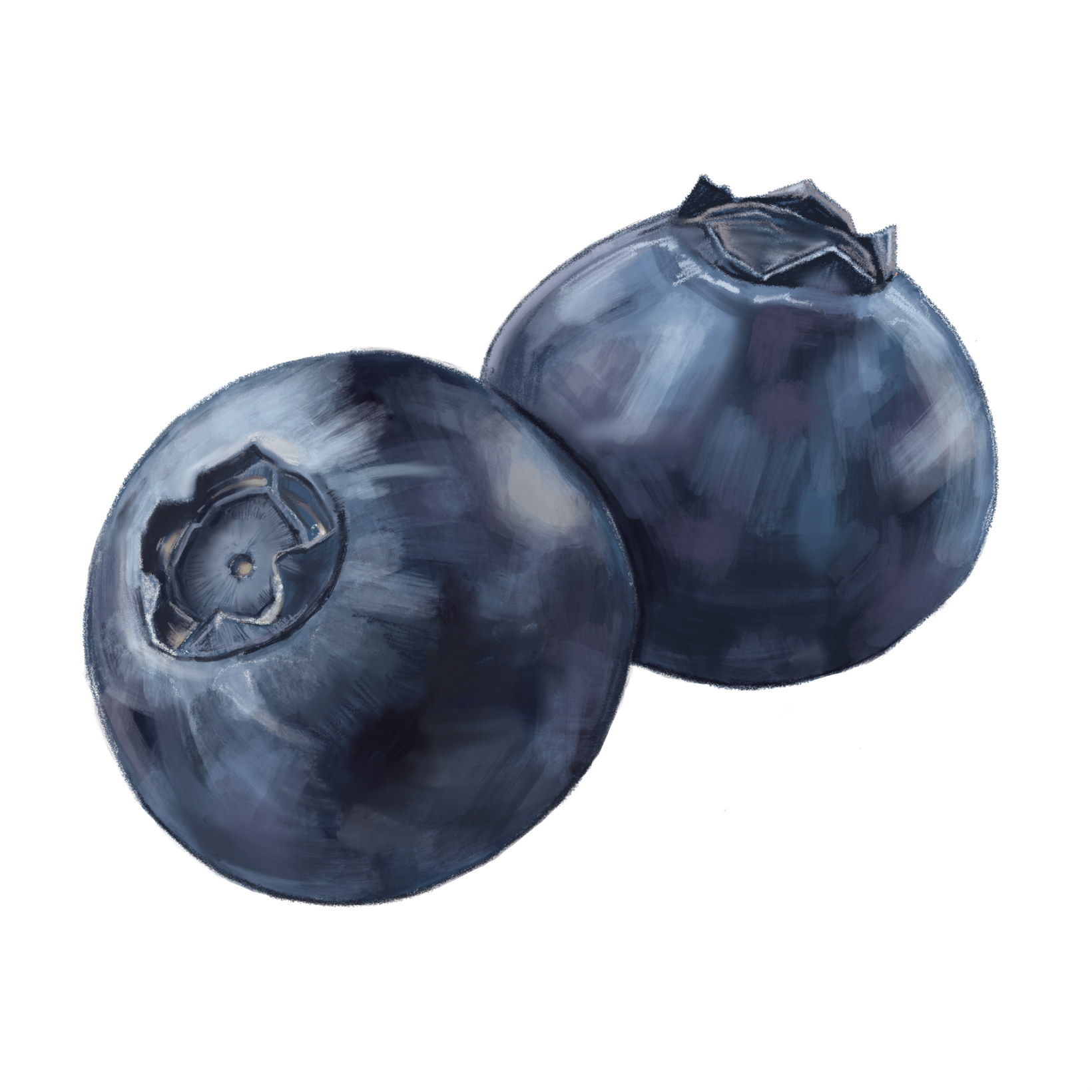



Origin TALES
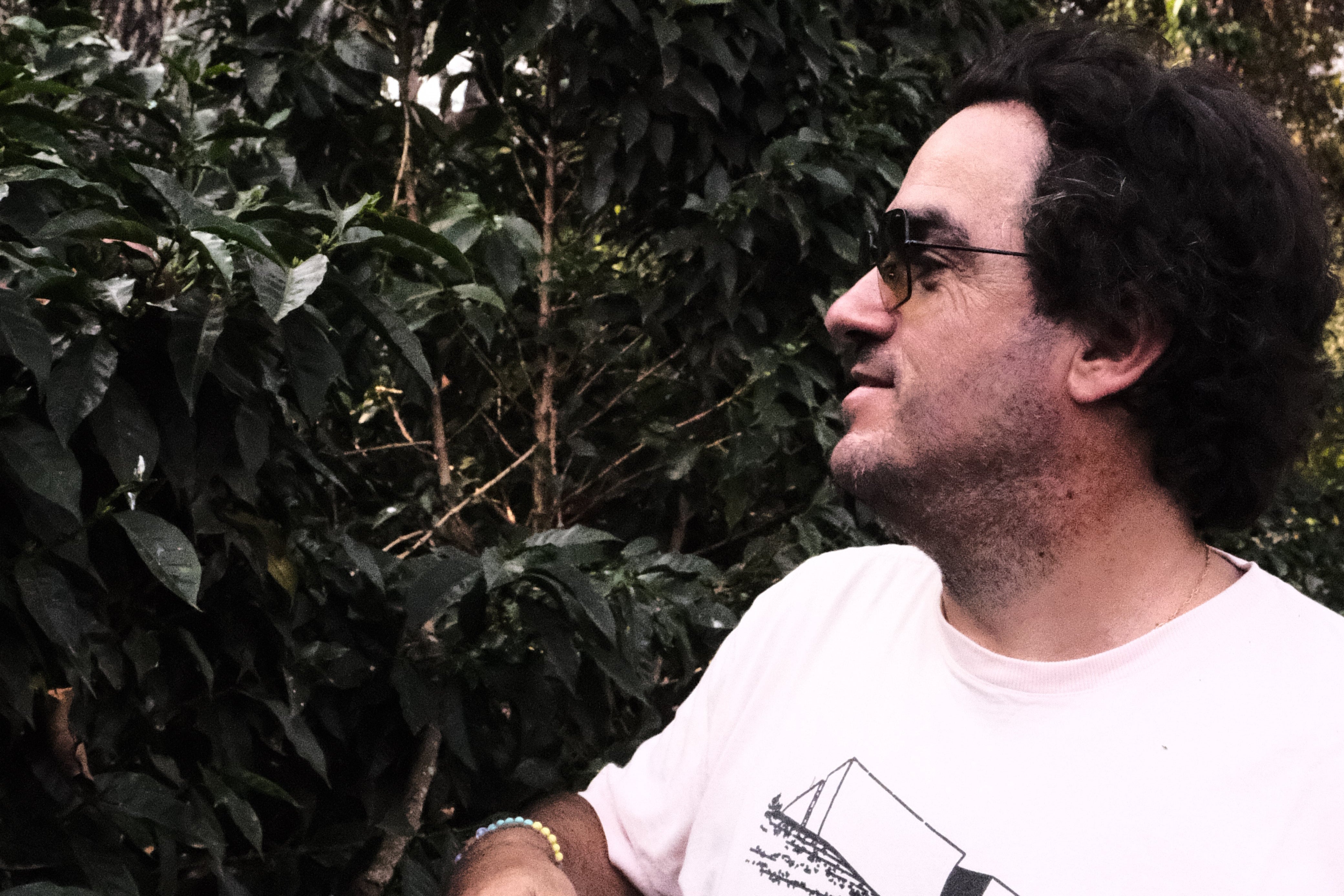
About Ama Project
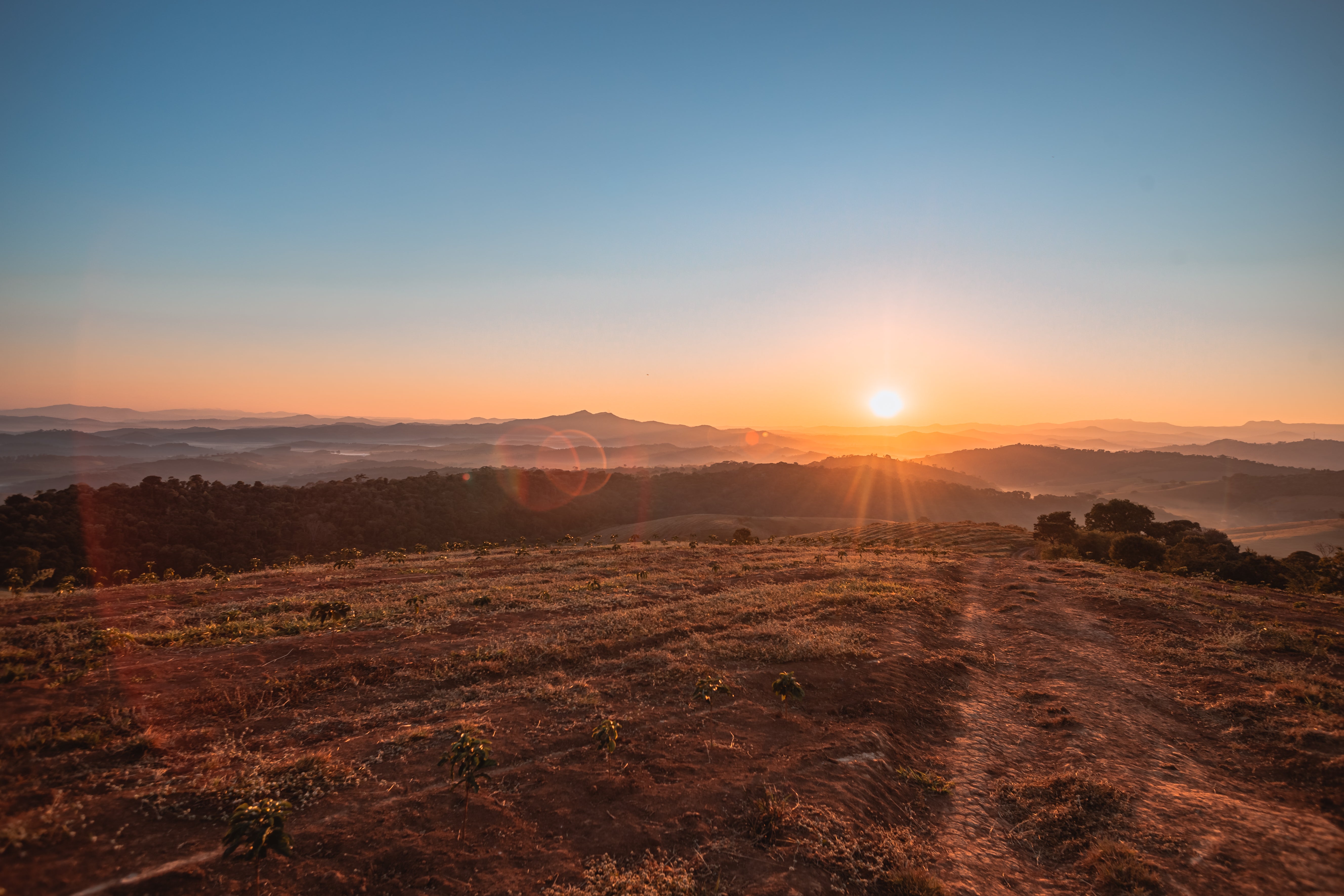
FAQ
Please allow between 5 - 14 days for your order to arrive. If more than 14 days have passed please email us to review the status of your order. Refunds will be handled through email if necessary.
Please report any discrepancies within 7 days upon receiving shipment.
You are responsible for any import fees or taxes in your country, please investigate with your country’s Customs department – prior to ordering – for import of roasted coffee or accessories.
Once your return is received and inspected, we will send you an email to notify you that we have received your returned item. We will also notify you of the approval or rejection of your refund.
If you are approved, then your refund will be processed, and a credit will automatically be applied to your credit card or original method of payment, within a certain amount of days.
It depends on where you are. Orders processed here will take 5-7 business days to arrive. Overseas deliveries can take anywhere from 7-16 days. Delivery details will be provided in your confirmation email.
You can contact us through our contact page! We will be happy to assist you.


